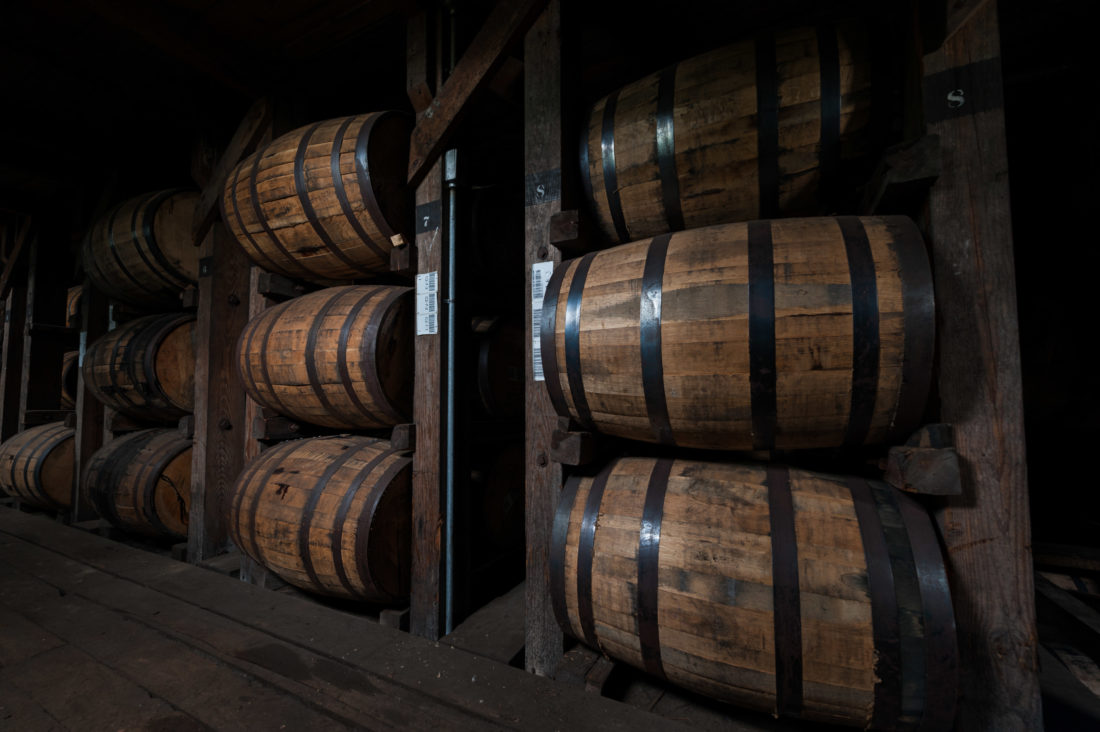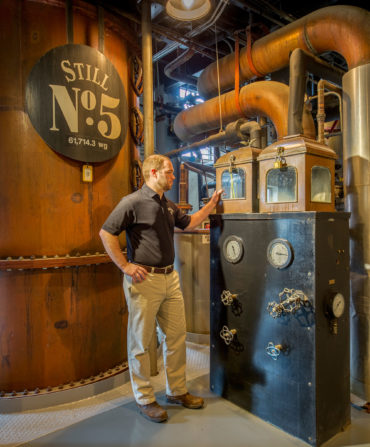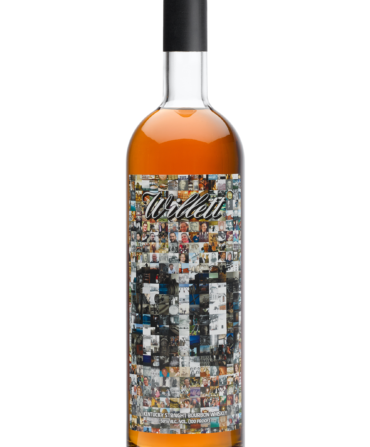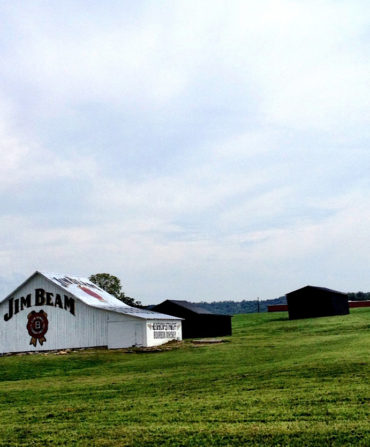Beginning in early July, the European Union, China, Mexico, and other countries slapped retaliatory tariffs on American whiskey, among other goods, in response to tariffs imposed by the United States. Bourbon-lovers around the South and beyond began to wonder: Should I start stocking up before the prices rise?
The answer, according to Eric Gregory, president of the Kentucky Distillers’ Association (KDA), is: Not yet. “The whiskey that we’re enjoying today was made six, eight, ten, twelve years ago, and there’s plenty of it,” Gregory says. “From a consumer standpoint domestically, this shouldn’t have any short-term impact. This is mostly about the overseas market, and hopefully we won’t get into a prolonged trade war that gets us into scenarios that we’d much rather avoid.”
While Gregory stresses that the decision to pass along increased costs to consumers or to dial back production is one for individual distilleries to make, he also warns that the impacts of a prolonged trade war would be widespread.
“We are just beginning the golden age of Kentucky bourbon. We’re investing hundreds of millions of dollars here, and we’ve doubled our workforce in the past ten years,” Gregory says. “Anything that hurts the bottom line could, worst-case scenario, put a chill on this momentum. The potential for damage back home is real.”
The whiskey industry—and Kentucky in particular—has a lot to lose. Ninety-five percent of the world’s bourbon supply originates in the Bluegrass State, and production has grown by more than 250 percent since a free-trade agreement with the European Union went into effect in 2007. Kentucky bourbon is today a more than $9 billion industry that runs neck-and-neck with Thoroughbreds as the state’s signature export. Last year, more than $450 million worth of Kentucky bourbon was shipped overseas, about half to EU countries. “That’s one of the fastest-growing markets for us,” Gregory says. “And we’ve only just begun to scratch the surface of the global trade market with places like China, India, and Russia.”
Distillers of all sizes have experts who look at current demand and projected trends to forecast how much whiskey to produce and place in barrels each year to age. If the global market remains unstable and uncertain, a distiller might decide to curtail production. “That’s a concern,” Gregory says. “At that point, you’re not only affecting the distilleries, you’re affecting the barrel makers, the corn farmers, the truckers, the hospitality industry—it just keeps going and going.”
But for now, relax and pour yourself another. “Some of the bigger players have global distribution networks and they were able to stockpile product overseas,” Gregory says. “That gives them a cushion to get through what we think—fingers crossed—might be a short-term issue.”








